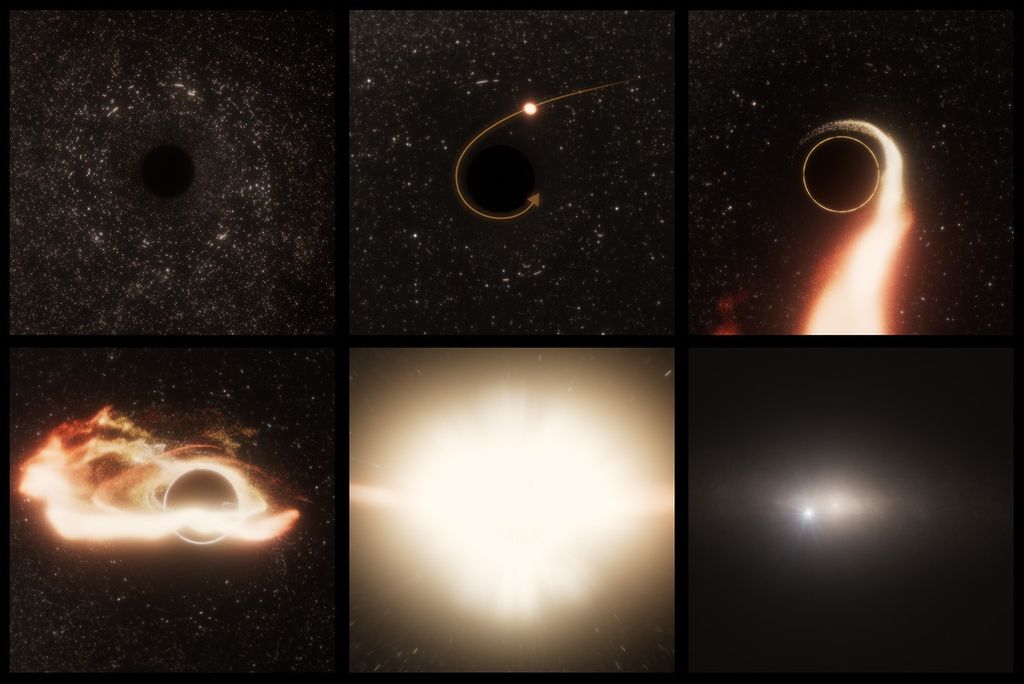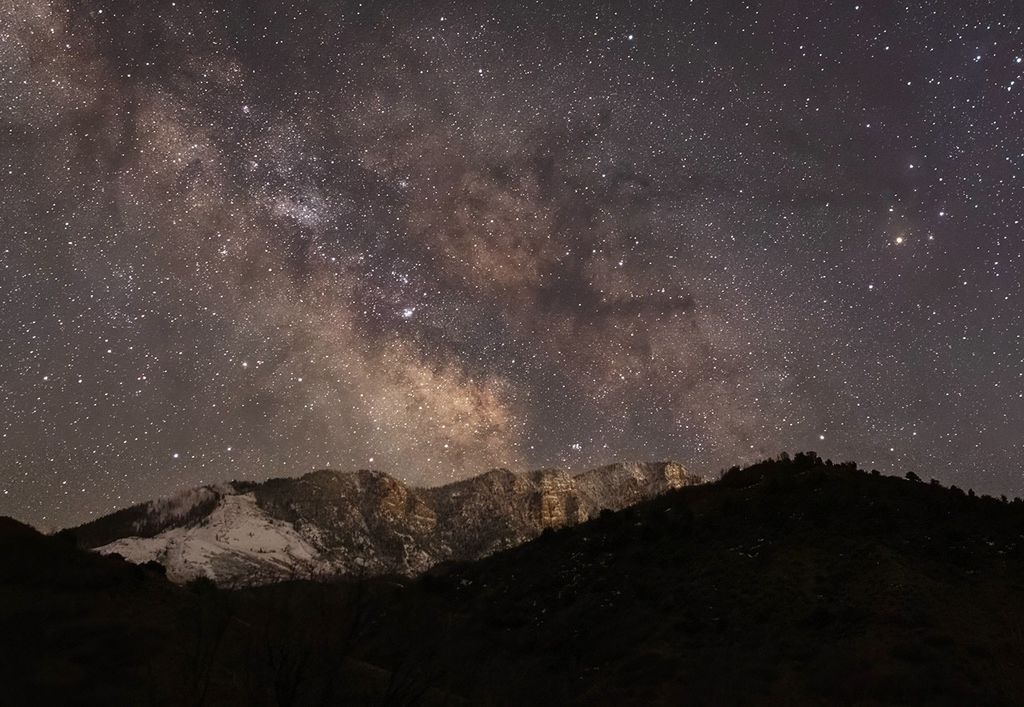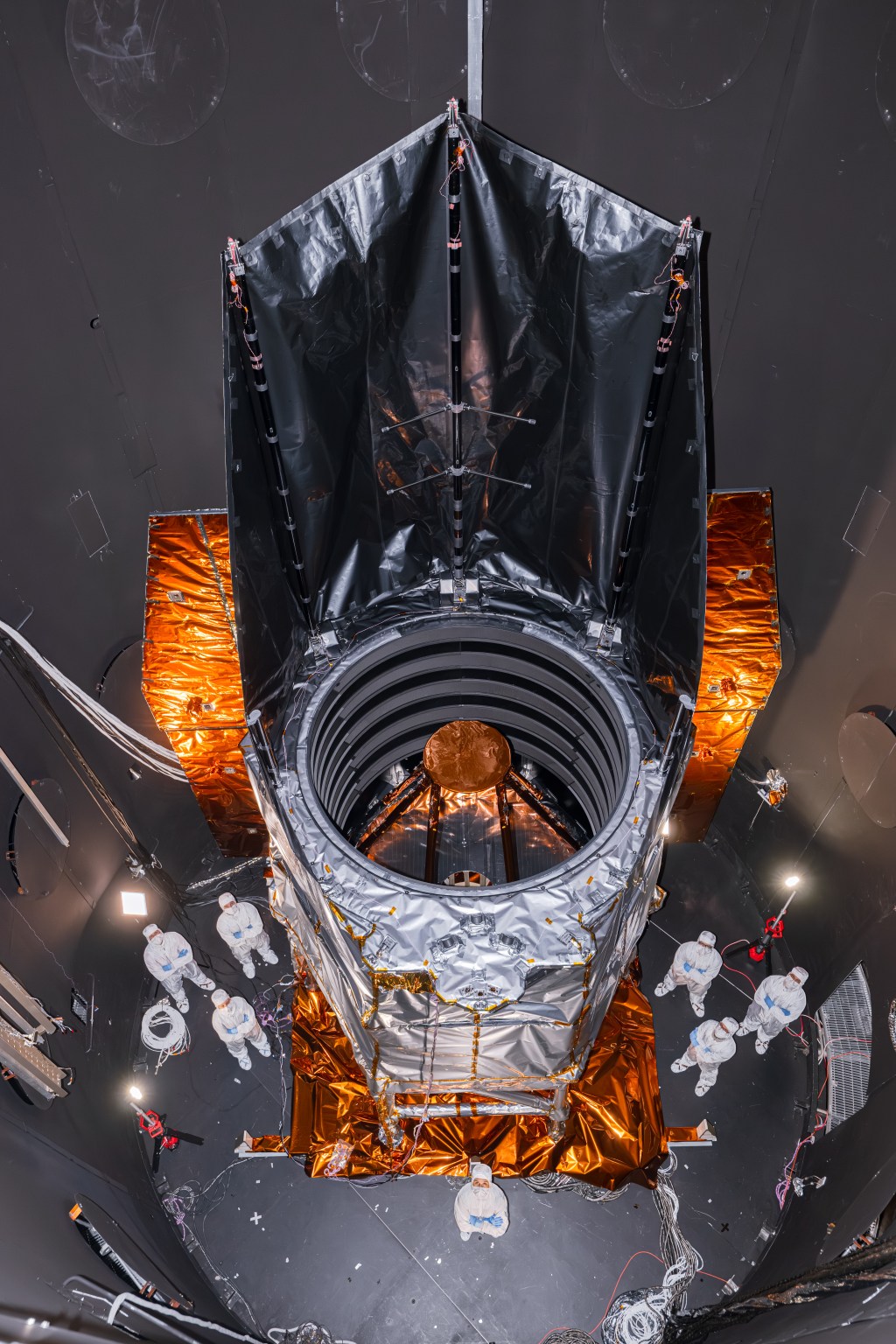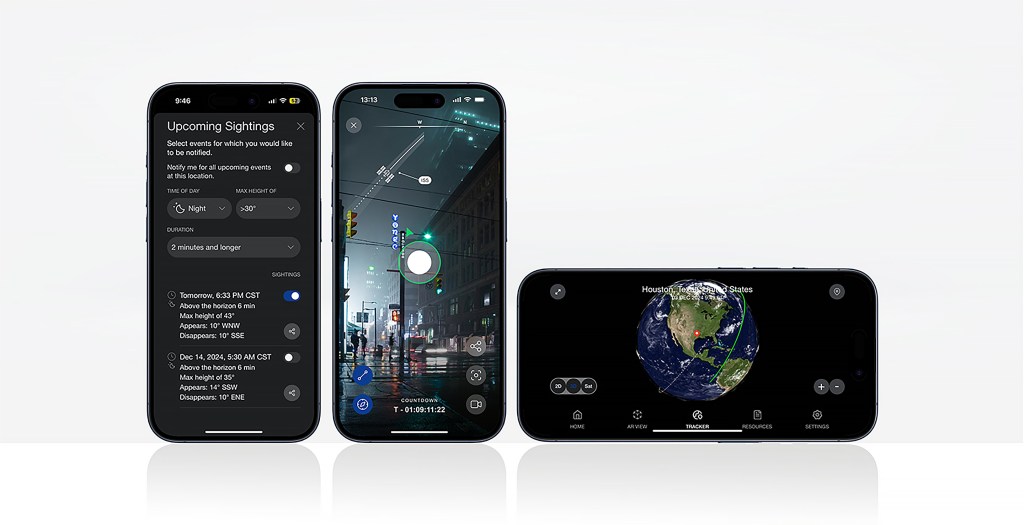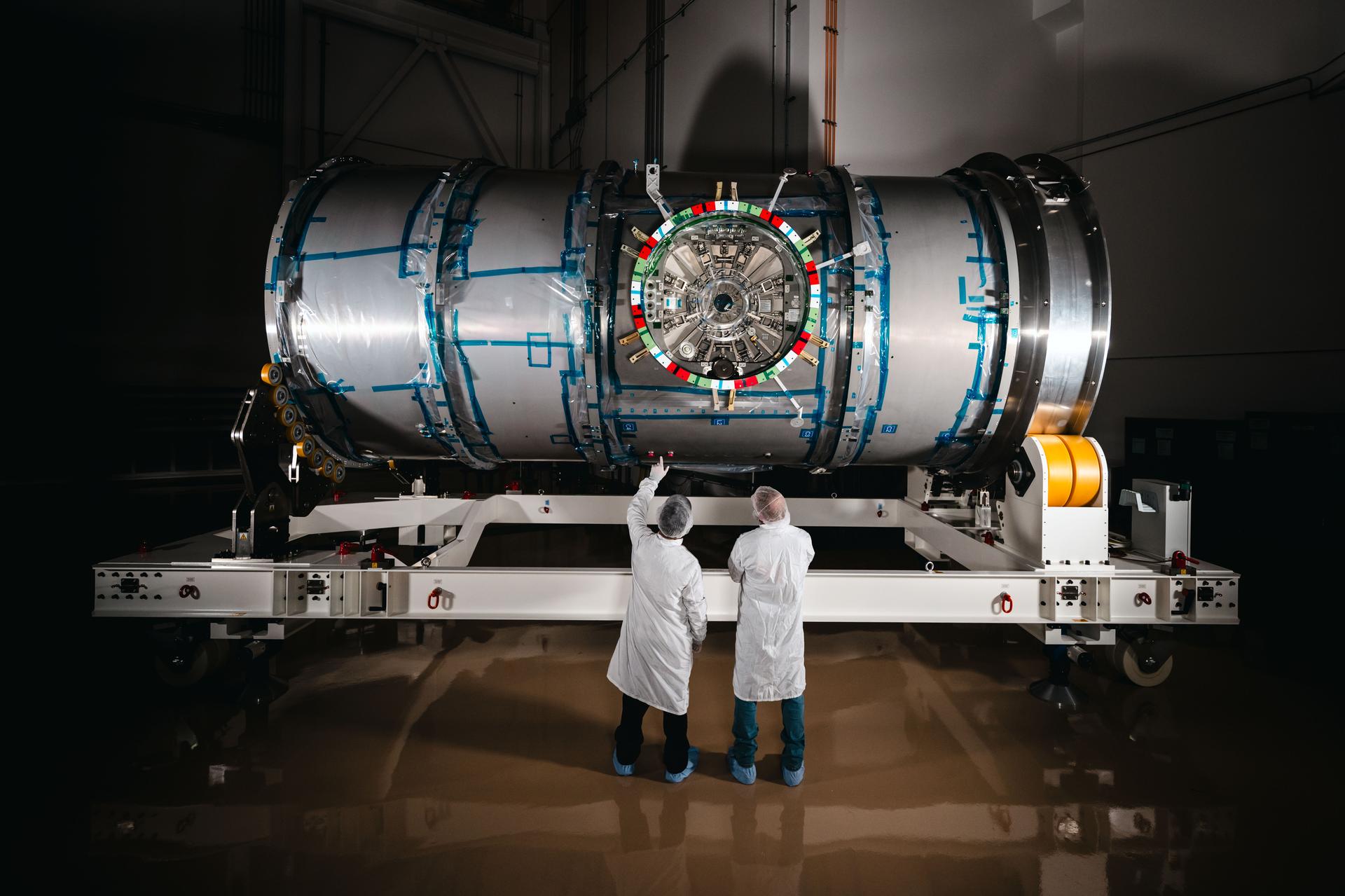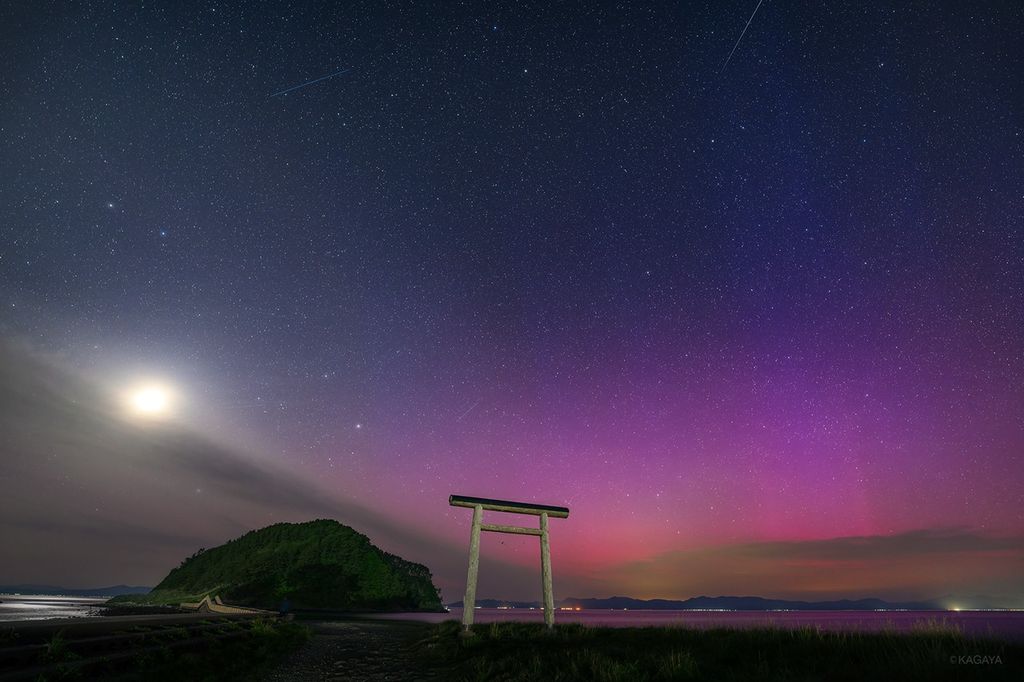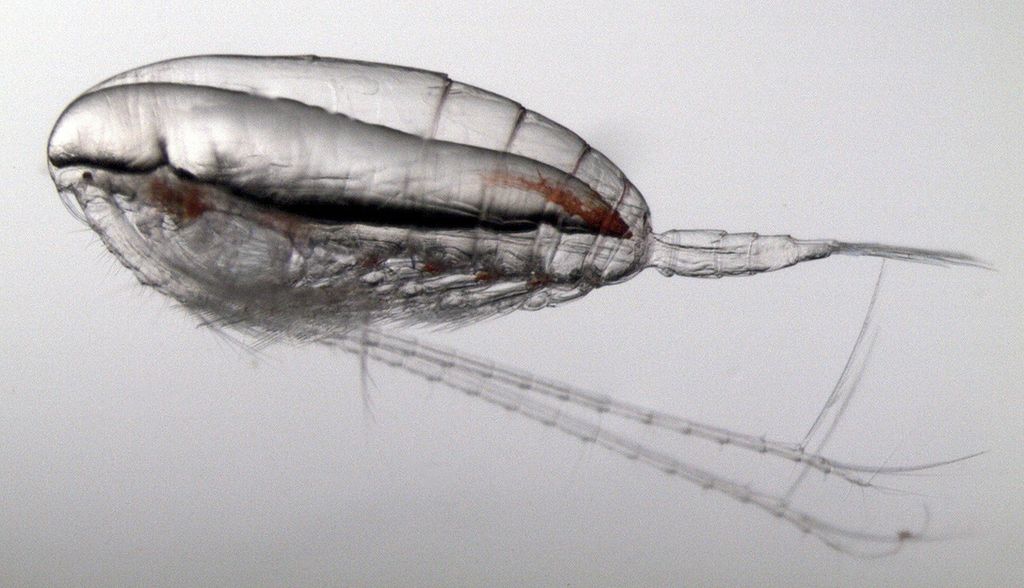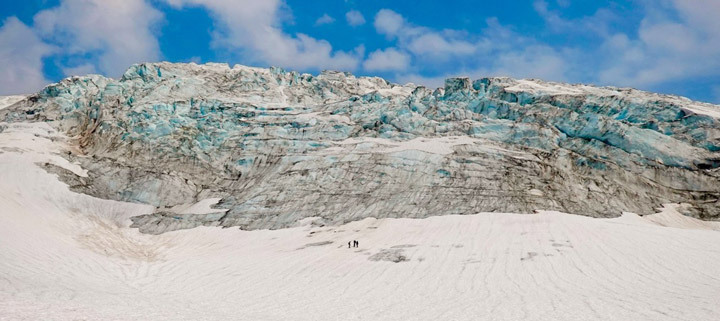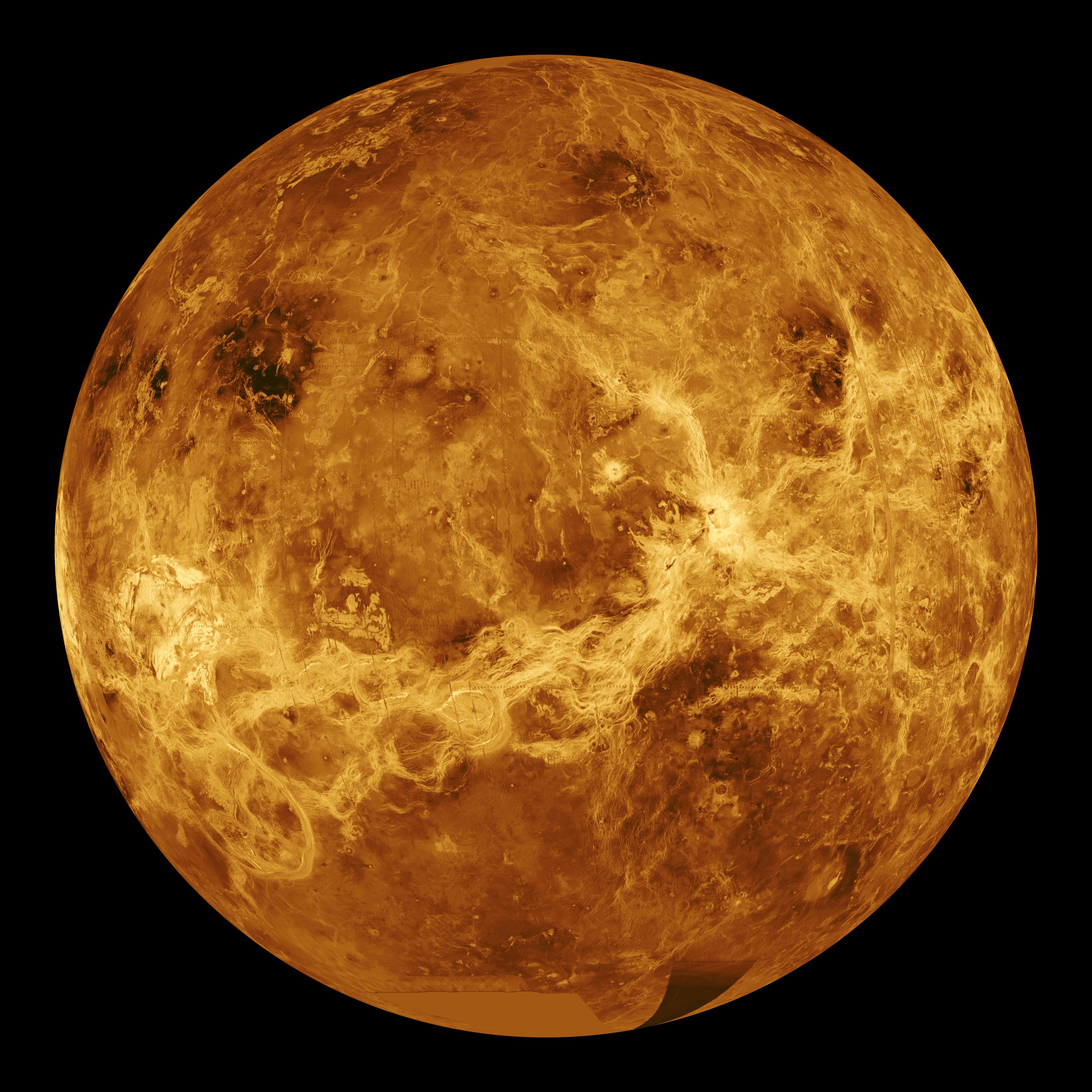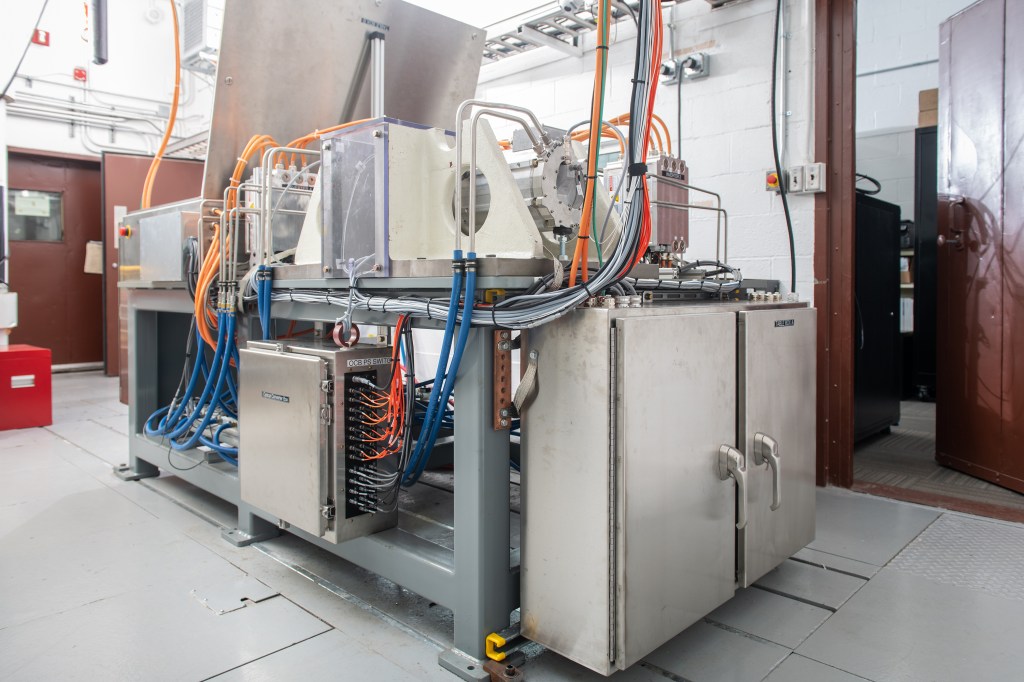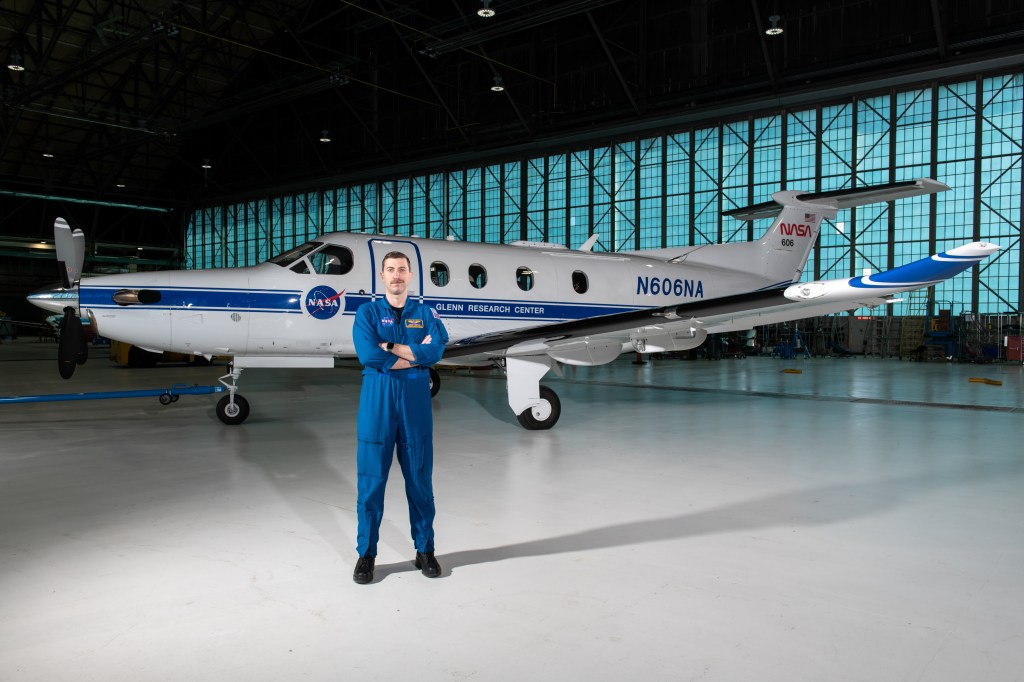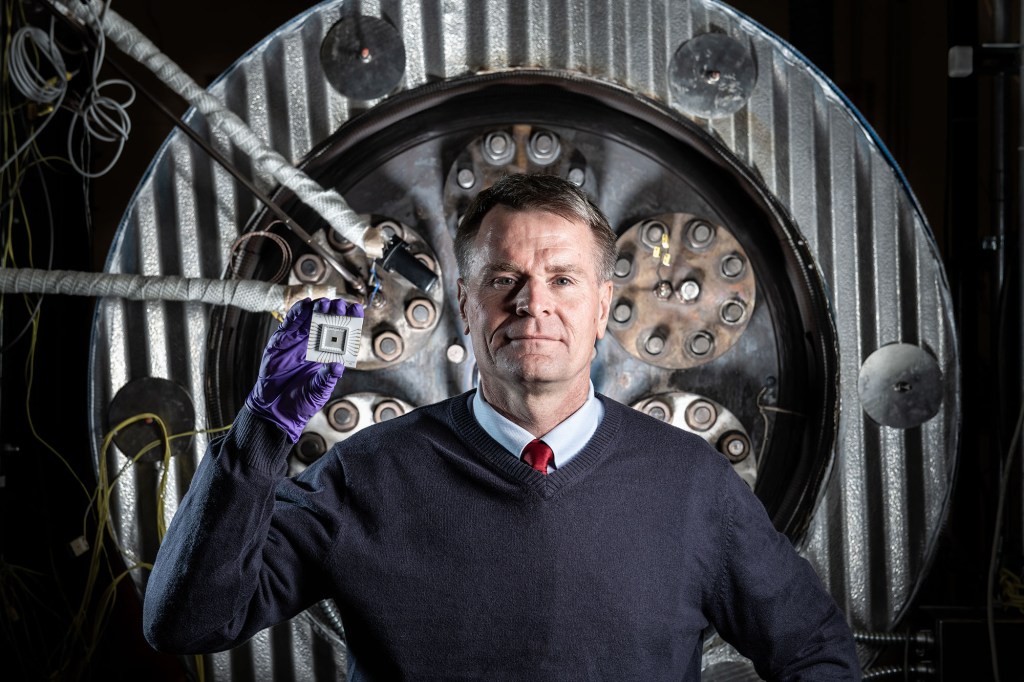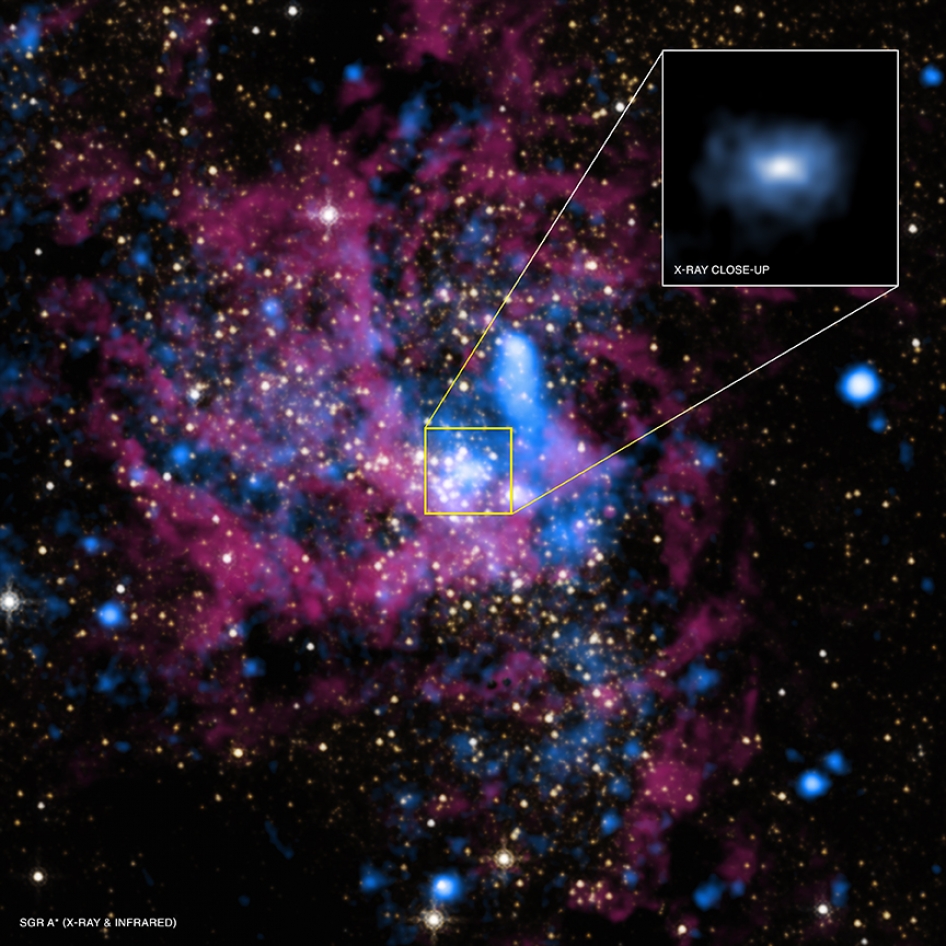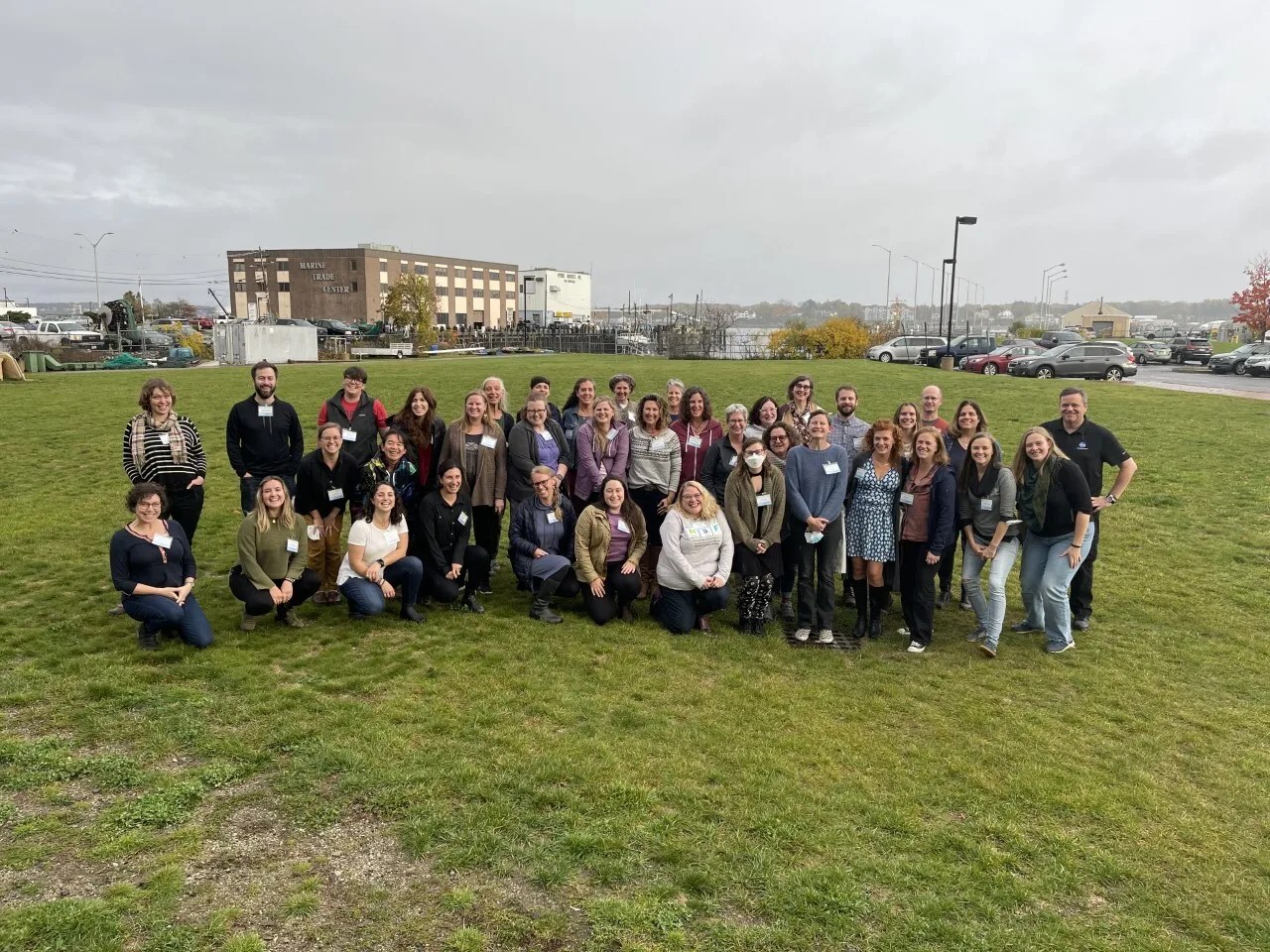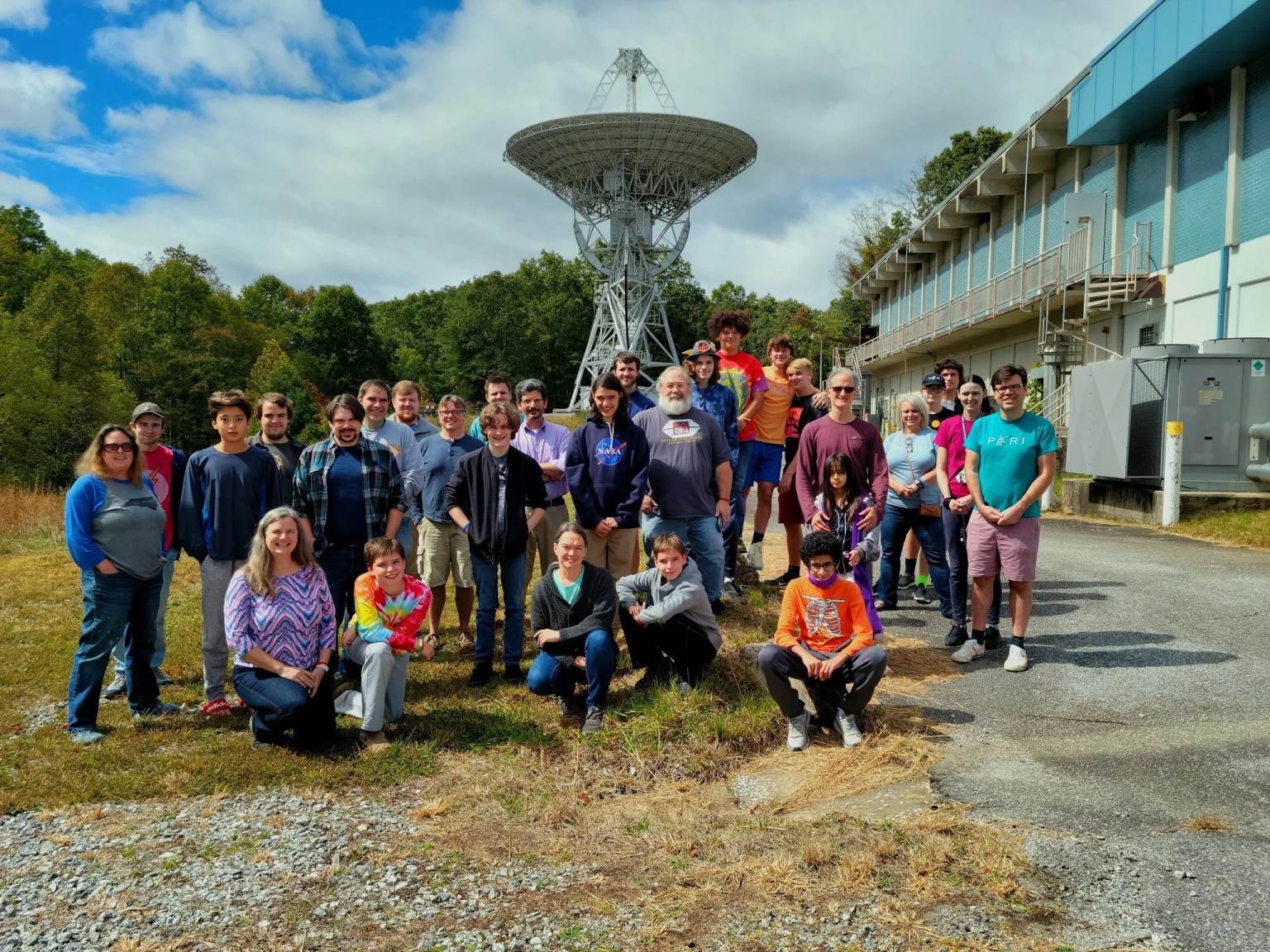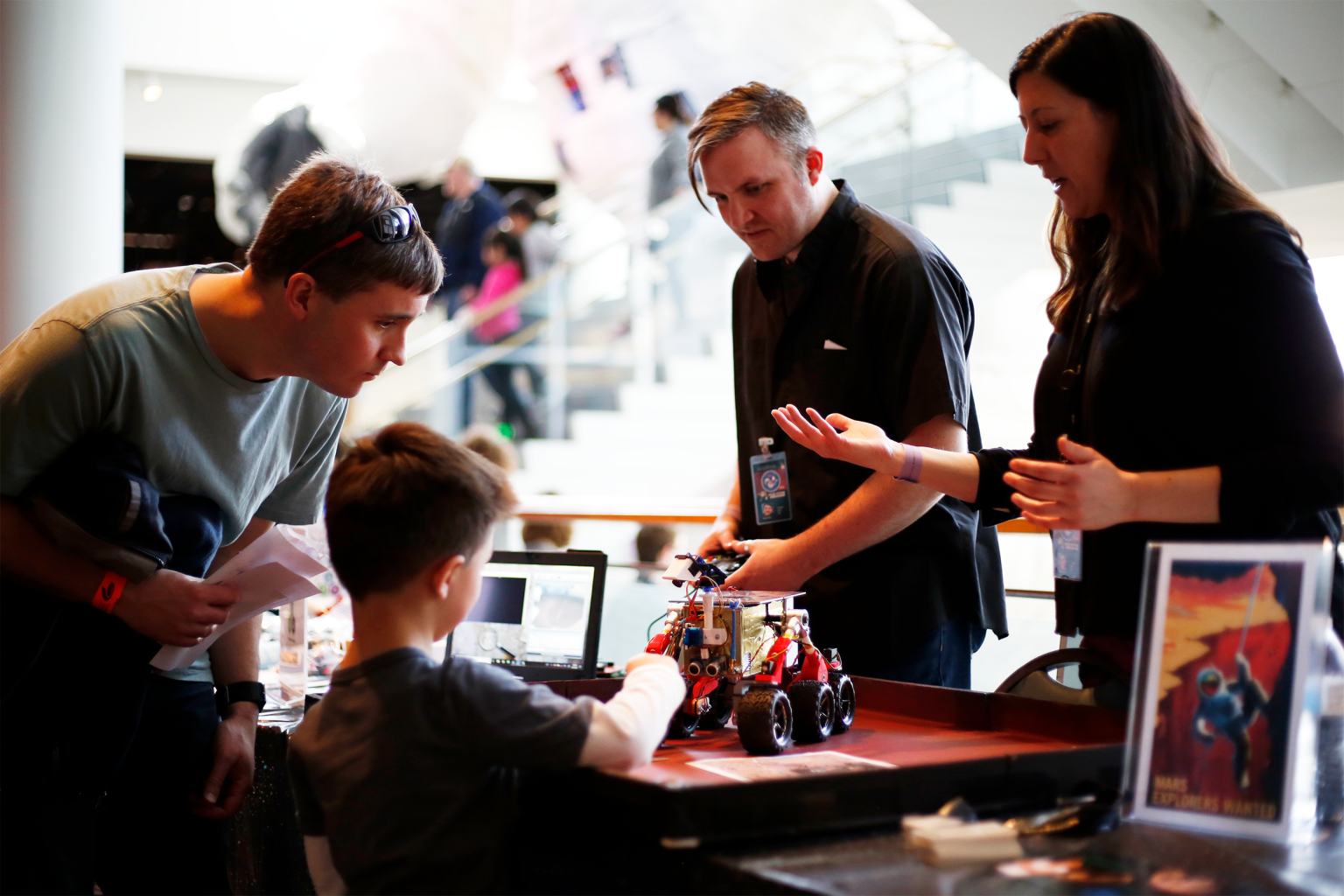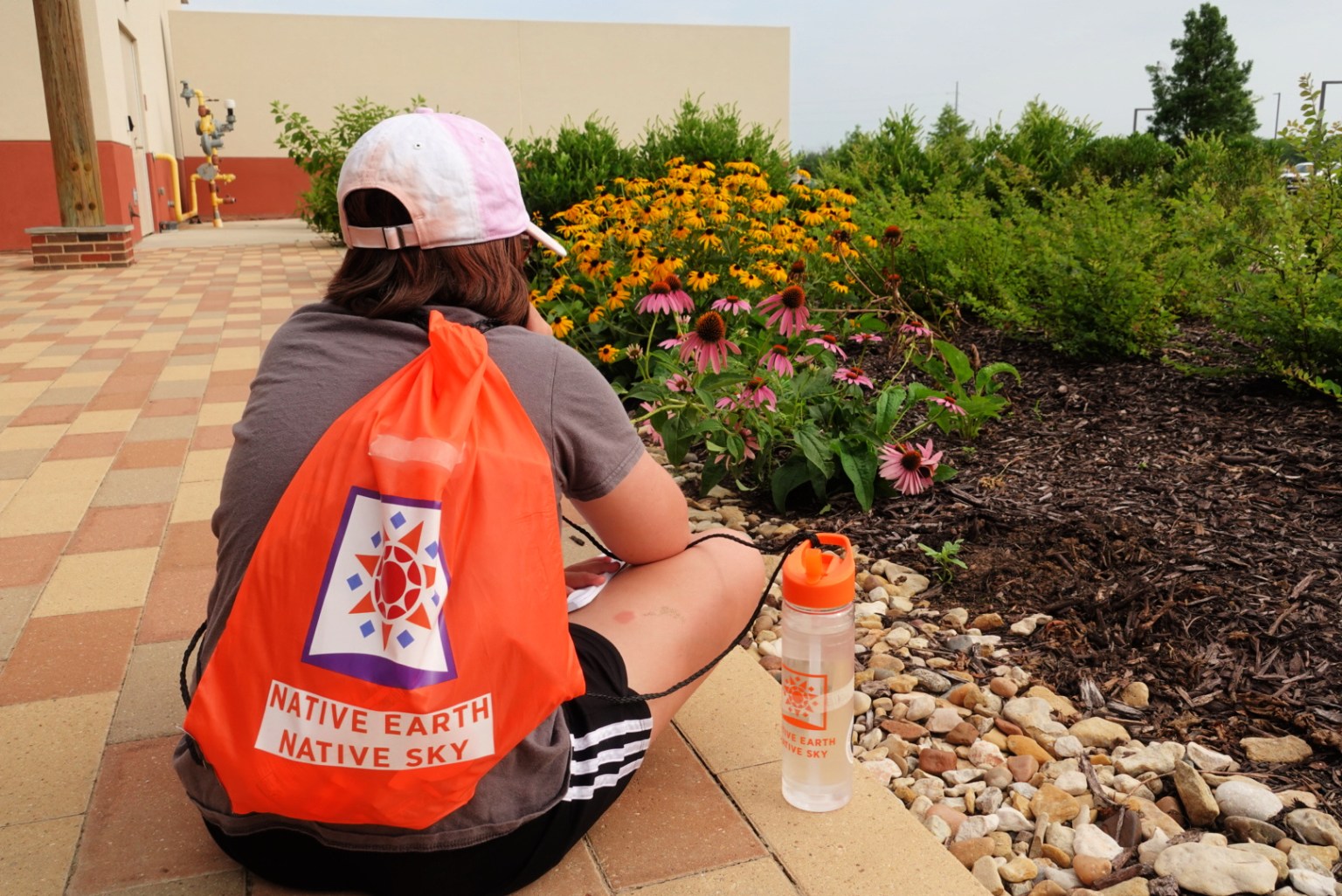Learning Ecosystems Northeast
Helping educators create NASA-powered explorations of local climate change impacts.
Team Mission
The Learning Ecosystems Northeast project is dedicated to using NASA’s rich array of data assets to enhance STEM interest and agency for educators and youth with a particular focus on reaching historically marginalized, rural, Indigenous, and immigrant/refugee communities across Maine and the Northeast. Founded on the understanding that strong relationships are essential to this work, the project focuses on developing a network of regional Connected Learning Ecosystems (CLEs) of classroom teachers, out-of-school educators, and librarians. Together these peer communities empower one another to expand learning opportunities and pathways for youth that highlight the relevance of NASA and the importance of data literacy in investigating the local impacts of global climate change. By bridging local and global, as well as in- and out-of-school learning, we offer a diverse range of opportunities for learners to engage with scientific practices, disciplinary knowledge, and crosscutting concepts within the context of relevant, authentic science.
The students are becoming more confident in their scientific knowledge. They come to me in 6th grade having had little to no formal science education. A lot of them have learned to fear science or to think of it as something over their heads or unattainable. Through authentic investigations, I see that they are realizing that science is not scary and is truly a way of thinking, and asking and answering questions.

Shelby Soloff
6th grade teacher
What does your team hope to achieve?
We believe that peer communities of educators working together can broaden the number and kind of entry points and pathways for youth to enter STEM learning. Through this work, we aim to create a model for how experiences in informal and formal learning environments can work in sync to build students’ data and science literacy. In support of this, the project team is developing a suite of tools that allow educators of all kinds to provide compelling learning experiences for their youth. These materials are supported by NASA assets, versioned for various learning contexts, and provide access points for educators to localize them to their place-based experiences of weather and climate. Anchored in a robust research and evaluation effort to demonstrate effectiveness, this project will support NASA’s science education objectives of enabling STEM education, improving US scientific literacy, advancing national education goals, and leveraging efforts through collective partnerships.
This work wouldn’t be possible without the dedication and contributions of our team of project partners at EDC, the AAA Lab at Stanford, UMaine 4-H, Maine State Library, Gateway Community Services, Wabanaki Youth in Science, Gulf of Maine Research Institute, and a group of science centers throughout the Northeast.


